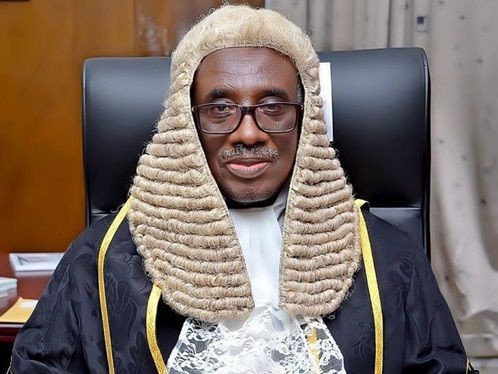The Law Students’ Association (LSA) at the University of The Gambia has called upon the authorities, particularly the Gambia Police Force (GPF) and the National Human Rights Commission (NHRC), to investigate the reported use of force on one if its members and hold those responsible accountable.
The LSA noted, in a press statement signed by the president Lasana Sumareh, that it had been aware of and closely following the recent protest organised by the Gambians Against Looted Assets (GALA) on Thursday, 8 May 2025, in Banjul, and the subsequent arrest of several individuals, including Ebrima Jallow, a prominent student at Faculty of Law popularly known as Ghetto Pen.
The LSA says: “We are deeply concerned by reports, received on 9th May 2025 that Ebrima was subjected to the use of force while in custody, allegedly leading to a head injury during an attempt to extract his fingerprints. Although the protest proceeded without a police permit under the Public Order Act, a colonial-era legislation, this does not in any way justify the use of force or unlawful treatment in custody. Section 21 of the 1997 Constitution of The Gambia provides for the absolute protection of all individuals against torture, inhumane, or degrading treatment. These protections are not conditional. They apply to everyone, at all times and in all circumstances, including when in police custody.
“We therefore call on the relevant authorities, particularly the Gambia Police Force and the National Human Rights Commission (NHRC), to conduct an immediate and transparent investigation into this incident. Any officer found to have acted outside the confines of the law must be held accountable. We stand in solidarity with our fellow student, Ebrima Jallow (Ghetto Pen), and reiterate that the rights and dignity of every individual must be respected whether inside or outside the walls of a police station.”
Equally, the UTG law students’ body calls on both the central government and Legislature to seriously consider repealing or amending outdated colonial laws, such as the Public Order Act that restricts the exercise of citizens’ fundamental rights, particularly the right to freedom of assembly, guaranteed under Section 25 of the Constitution.
They concluded underscoring that they believe in the rule of law “not just as a concept we study but as a standard that must be lived and applied by all”, especially those in authority.






